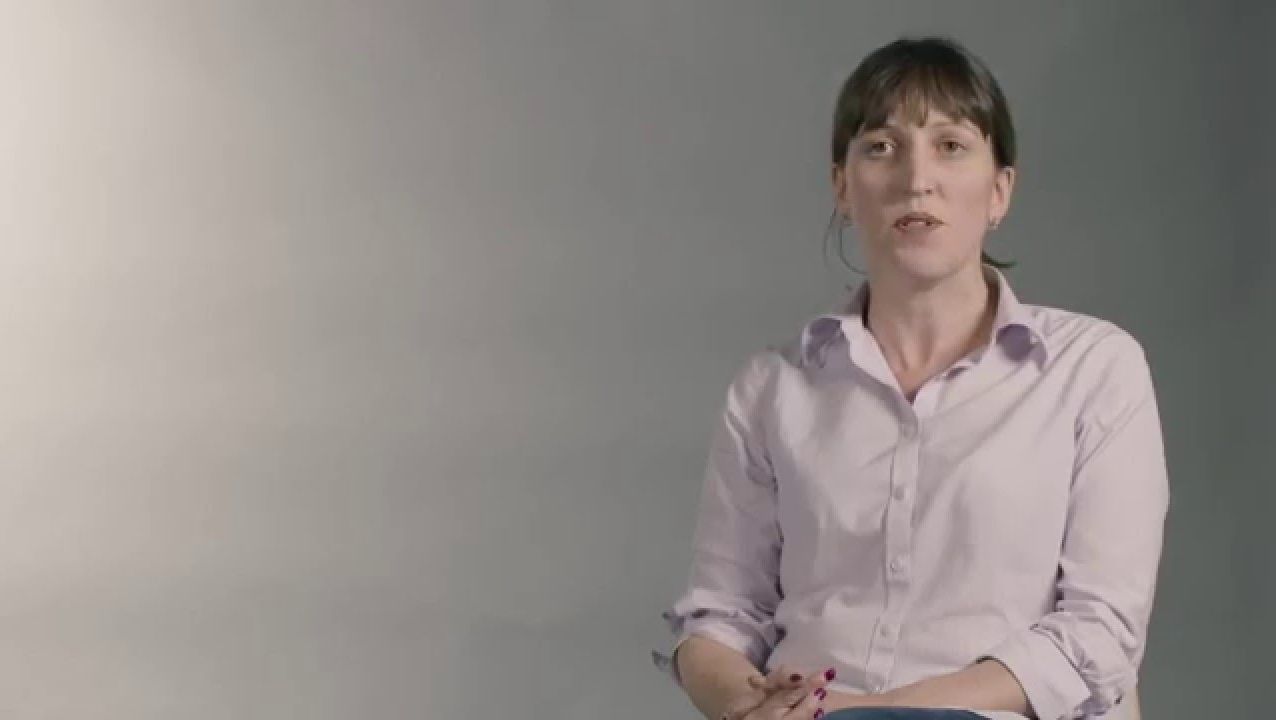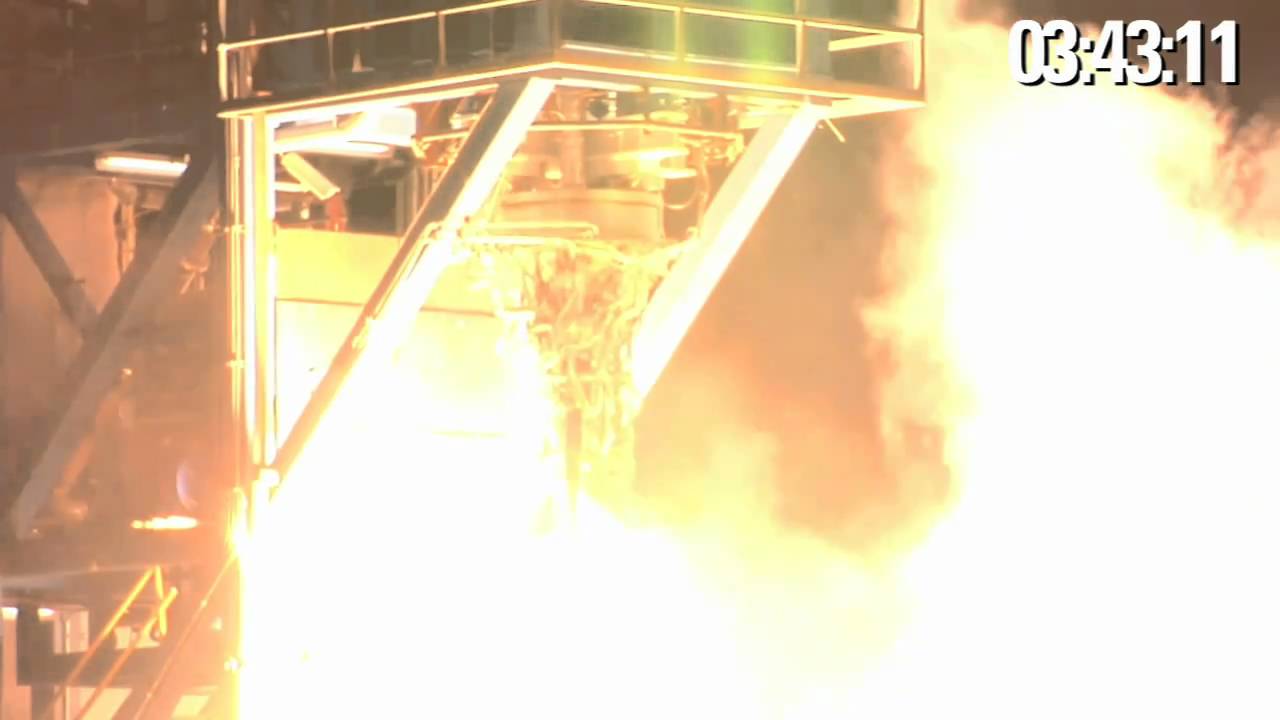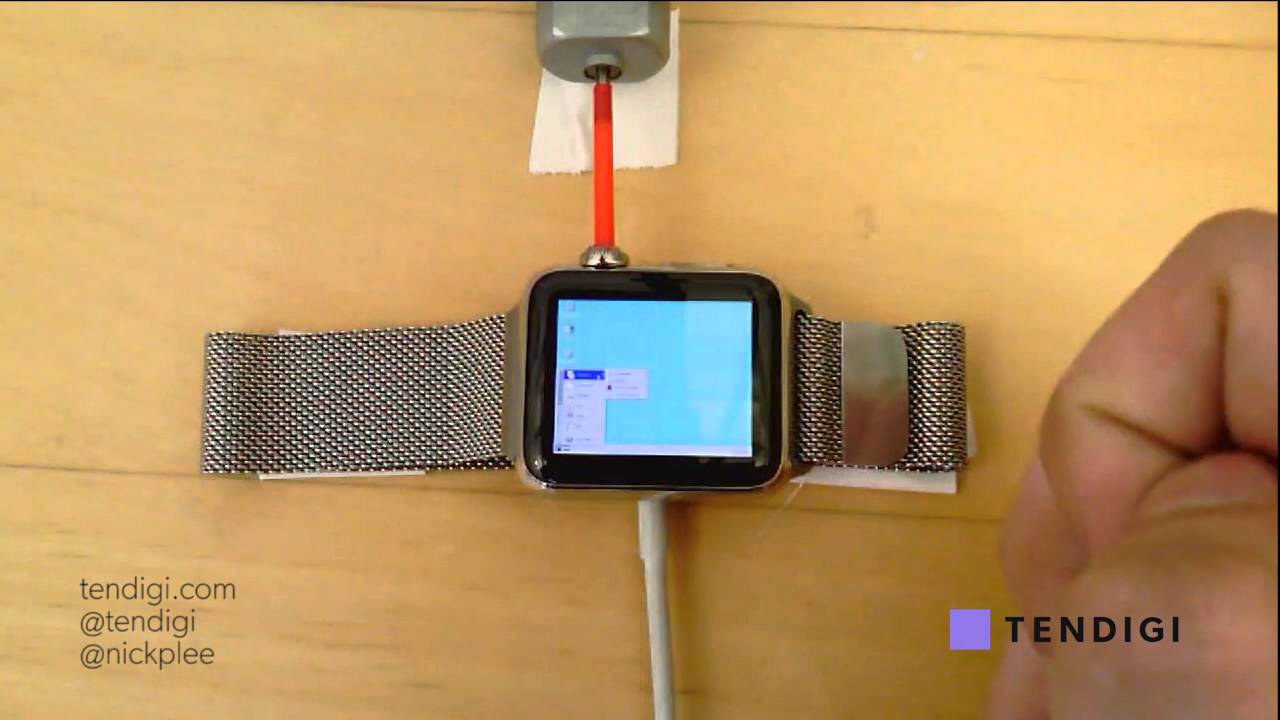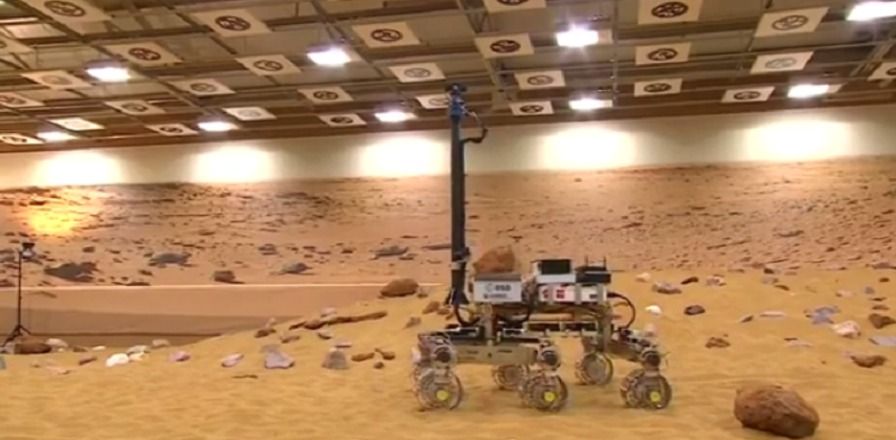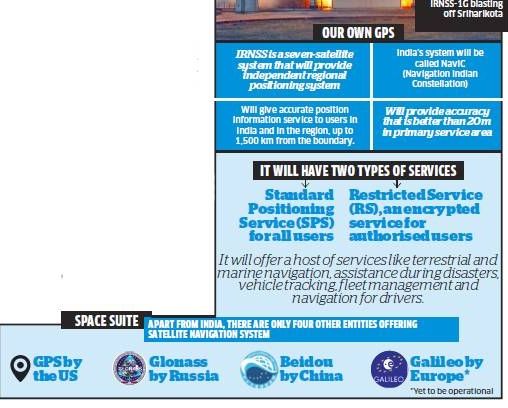Cambridge University spin-out Optalysys has been awarded a $350k grant for a 13-month project from the US Defense Advanced Research Projects Agency (DARPA). The project will see the company advance their research in developing and applying their optical co-processing technology to solving complex mathematical equations. These equations are relevant to large-scale scientific and engineering simulations such as weather prediction and aerodynamics.
The Optalysys technology is extremely energy efficient, using light rather than electricity to perform intensive mathematical calculations. The company aims to provide existing computer systems with massively boosted processing capabilities, with the aim to eventually reach exaFLOP rates (a billion billion calculations per second). The technology operates at a fraction of the energy cost of conventional high-performance computers (HPCs) and has the potential to operate at orders of magnitude faster.
In April 2015 Optalysys announced that they had successfully built a scaleable, lens-less optical processing prototype that can perform mathematical functions. Codenamed Project GALELEO, the device demonstrates that second order derivatives and correlation pattern matching can be performed optically in a scaleable design.
